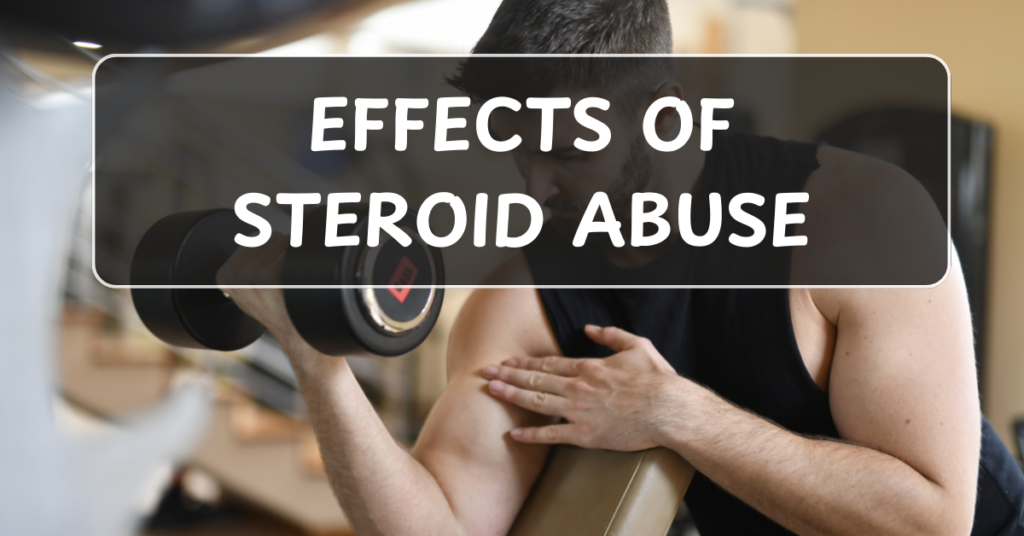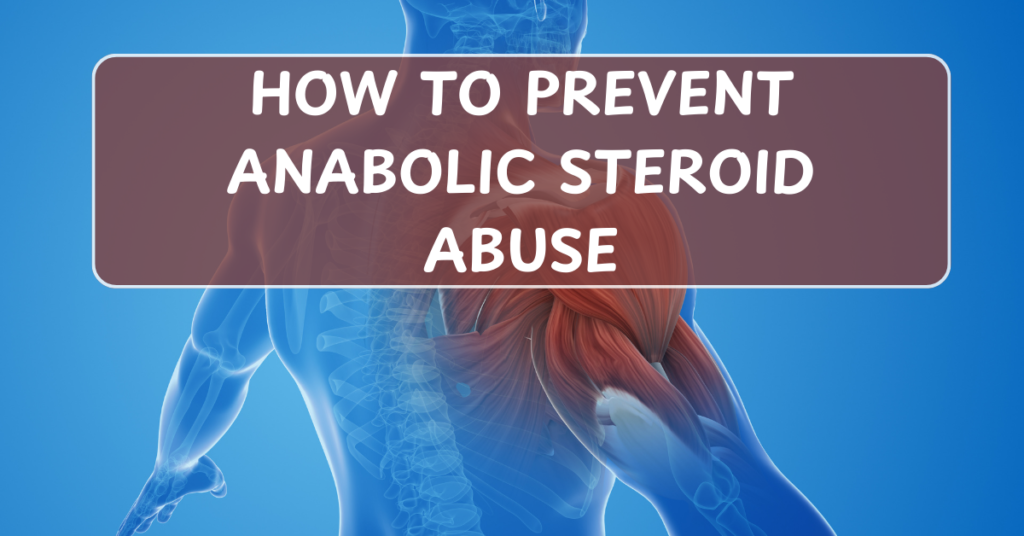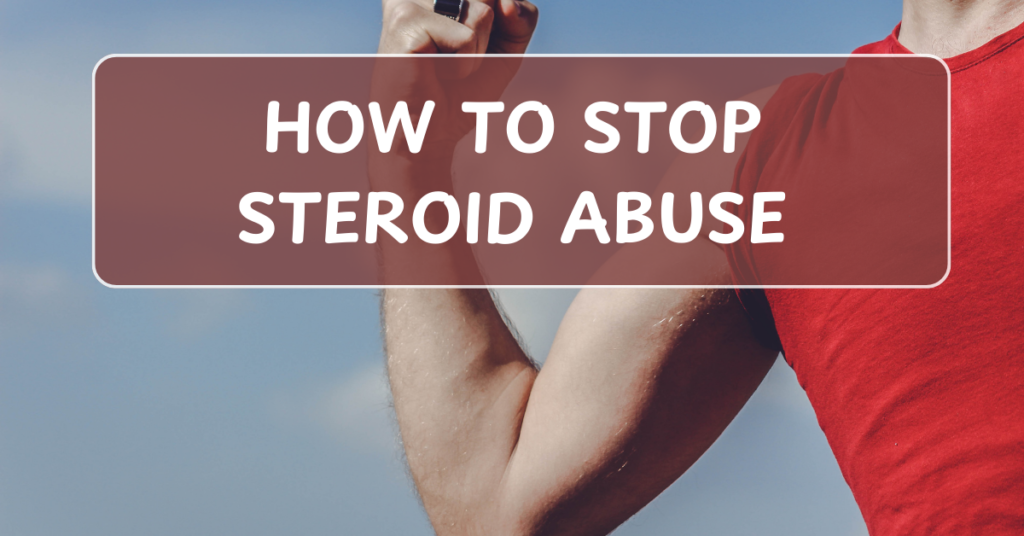
Steroid abuse, particularly the misuse of anabolic steroids, can have a wide range of negative effects on both physical and mental health. While steroids are sometimes prescribed for medical conditions, abuse of these substances for performance enhancement or aesthetic reasons can lead to serious consequences. Below are some common effects of steroid abuse:
1. Hormonal Imbalances
One of the most significant effects of steroid abuse is the disruption of the body’s natural hormone production. Anabolic steroids artificially increase testosterone levels, which can lead to hormonal imbalances and a range of physical and psychological side effects.
- In Men:
- Reduced Testosterone Production: The body may stop producing its own testosterone, leading to testicular shrinkage, erectile dysfunction, and infertility.
- Gynecomastia: Steroid abuse can cause the development of breast tissue in men, a condition known as gynecomastia.
- Decreased Sperm Count: High levels of synthetic testosterone can reduce sperm production, leading to infertility.
- In Women:
- Masculinization: Women who abuse steroids may experience male-pattern baldness, deepened voice, and increased facial and body hair growth.
- Menstrual Irregularities: Steroids can cause disruptions in the menstrual cycle, leading to missed periods or amenorrhea (absence of menstruation).
2. Liver Damage
Steroid abuse can cause significant harm to the liver. Anabolic steroids are metabolized in the liver, and prolonged or excessive use can lead to:
- Liver Dysfunction: Increased strain on the liver can lead to liver damage, including liver enlargement and jaundice (yellowing of the skin and eyes).
- Liver Tumors and Cysts: Long-term steroid abuse has been linked to the development of benign liver tumors and potentially harmful cysts.
- Peliosis Hepatis: A rare condition in which blood-filled cysts form in the liver, potentially leading to life-threatening bleeding.
3. Cardiovascular Problems
Steroid abuse can have significant effects on the cardiovascular system, including:
- Increased Risk of Heart Disease: Long-term steroid abuse can increase the risk of developing atherosclerosis (hardening of the arteries), which can lead to heart attacks and strokes.
- High Blood Pressure (Hypertension): Steroids can cause an increase in blood pressure, putting additional strain on the heart and blood vessels.
- Changes in Cholesterol Levels: Steroid use can negatively impact cholesterol levels, lowering HDL (good cholesterol) and increasing LDL (bad cholesterol), which contributes to cardiovascular disease.
4. Mental Health Issues
Steroid abuse can cause a variety of psychological and emotional issues, often referred to as “roid rage.” These mental health effects include:
- Aggressive Behavior: Anabolic steroids can increase irritability and aggression, leading to violent outbursts and poor impulse control.
- Mood Swings: Users may experience extreme mood swings, ranging from euphoria to depression, which can significantly affect their personal relationships.
- Psychosis: In rare cases, steroid abuse can lead to severe mental health issues like paranoia, delusions, and hallucinations.
- Depression and Anxiety: When the effects of steroids wear off, users may experience depression, anxiety, or feelings of hopelessness. This can sometimes lead to suicidal thoughts or behavior.
5. Kidney Damage
Prolonged steroid abuse can damage the kidneys, which are responsible for filtering waste from the blood. The effects of steroid abuse on the kidneys include:
- Kidney Failure: Long-term abuse can increase the risk of kidney damage, and in extreme cases, kidney failure may occur, requiring dialysis or a kidney transplant.
- Electrolyte Imbalance: Steroids can affect the balance of electrolytes in the body, potentially leading to dangerous conditions like dehydration and kidney dysfunction.
6. Skin Issues
Steroid abuse can lead to a variety of skin-related issues:
- Acne: One of the most common side effects of steroid use, particularly on the face, back, and shoulders.
- Oily Skin: Steroids can increase oil production in the skin, contributing to acne and other skin problems.
- Stretch Marks: Rapid muscle growth due to steroid abuse can stretch the skin, leading to the development of stretch marks.
7. Increased Risk of Injuries
Although anabolic steroids can enhance muscle mass and strength, they can also increase the risk of physical injury:
- Weakened Tendons and Ligaments: Steroid use can cause muscle growth that outpaces the strength of tendons and ligaments, making them more prone to tears and injuries.
- Overtraining Injuries: Steroid users may feel the need to push their bodies harder, leading to overtraining and increased risk of injury.
8. Dependence and Addiction
One of the most serious long-term effects of steroid abuse is the potential for psychological dependence or addiction. Users may become obsessed with achieving their desired physical appearance or performance levels and may continue to abuse steroids despite negative health consequences.
- Steroid Addiction: Individuals may feel the need to continue using steroids to maintain their physique or performance levels, even when faced with health risks.
- Withdrawal Symptoms: When steroid use is stopped abruptly, users may experience withdrawal symptoms such as fatigue, depression, and irritability.
Conclusion
Steroid abuse can lead to a wide range of harmful physical, psychological, and emotional effects. While anabolic steroids may offer short-term gains in muscle growth, performance, and appearance, the long-term consequences can be devastating. It’s essential for individuals to be aware of these risks and to seek professional help if they are struggling with steroid abuse. By addressing the root causes of misuse and focusing on healthier, sustainable ways to achieve fitness goals, individuals can avoid the dangerous effects of steroid abuse and prioritize their long-term health and well-being.


